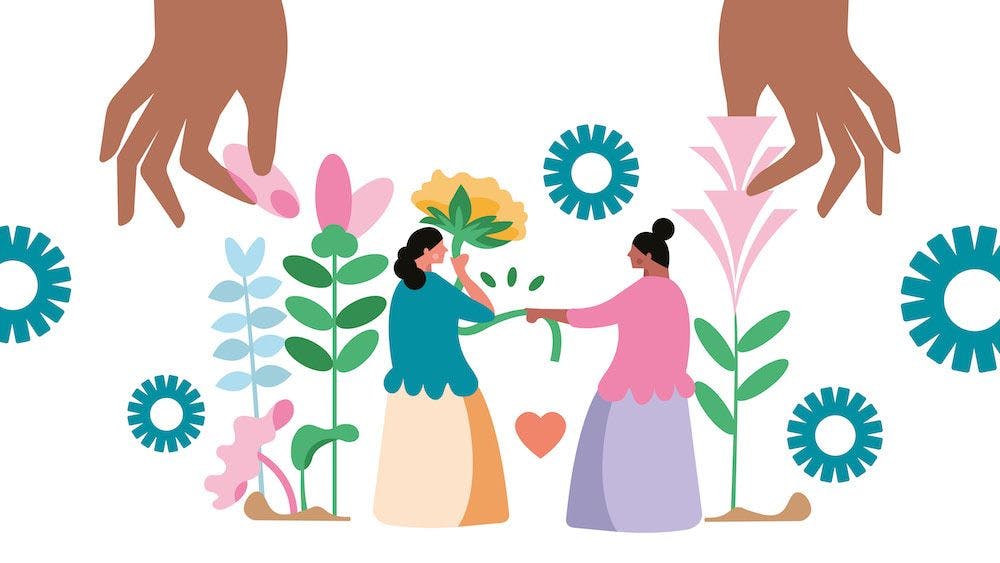
Do you feel confident that you would be able to spot the signs of a controlling relationship? With these expert tips, discover how you can build awareness of the red flags
Your partner constantly calling, wanting to spend all their time with you, showing a preference for what you wear, and needing to know your whereabouts, could all be because they genuinely care about your wellbeing and safety. Alternatively, it could be their way of controlling you.
There’s a fine line between caring and controlling behaviour, and when I interviewed 200 therapy clients experiencing relationship issues, 89% stated that they wouldn’t be able to identify the difference between the two. When it comes to the matters of the heart, our judgement is often clouded. With that in mind, here are five tips to help identify if your relationship is caring or controlling.
Focus on your feelings
A controlling relationship will leave you feeling unhappy, unsettled, anxious, tense, and overwhelmed. These feelings are your compass in life, alerting you that something isn’t right. If you feel like this in your relationship, take some time away from your partner to focus on how your feelings change. If you’re happier and healthier, ask yourself what is creating these uncomfortable feelings, and what changes you need to consider making.

Think rationally
In a relationship, we’re emotionally involved, making our thinking irrational. This can cause confusion, and take away clarity from a situation. Thinking rationally helps you to put things into context, and then take the next logical steps. Next time your partner says or does something that upsets you, think about someone you are close to. Ask yourself, if they were being treated in this way, what advice would I give to this person? Consider taking your own advice.
Pay attention to actions
Actions speak louder than words. Stop concentrating on what your partner is saying, and start focusing on their actions. In a caring relationship, your partner will take into consideration your feelings, views, and opinions. How often does that happen in your relationship? Who makes the majority of the decisions?
To make the relationship more balanced, speak to your partner about wanting to be more involved in decision-making. If your partner cares, they will be on board with this. If they are controlling, they may be resistant.
Connect with family and friends
Divide and rule; cutting you off from loved ones is a typical abusive tactic used to control someone. You might have been led to believe that your family and friends are not good for you, or that you shouldn’t be spending so much time with them. Ask yourself, how accurate is this? Do you enjoy spending time with them? If yes, then start reconnecting with those people you’ve lost touch with. If your partner isn’t supportive, and gets angry or irritated with your decision, this could be a sign of controlling behaviour.
If you find yourself feeling under pressure to do something as a result of your partner or relationship, this could be a red flag
Spot unrealistic expectations
In a caring relationship, it’s normal to do things that make both individuals happy. If you find yourself feeling under pressure to do something as a result of your partner or relationship, this could be a red flag. Before you engage in an activity, ask whether you’re doing it because you want to, or because you feel you should be doing it. If your partner prevents, criticises, or judges you for doing what you want to do, then this is sign it’s not a caring relationship.
Happiness is not a privilege – you are allowed and deserve to be happy. If your reason for unhappiness is your relationship, then this needs to be addressed so you can start to feel happier, healthier, and stress-free.
Relationship red flags
• Regularly feeling anxious, tense, or on-edge around your partner
• Doing things that make you uncomfortable, just to make them happy
• Lack of trust between you both
• Isolating you from loved ones
• Unbalanced relationship – their feelings and wants are always put first
For more information about emotional abuse or to find an accredited therapist near you, visit counselling-directory.org.uk

